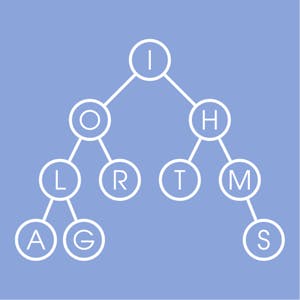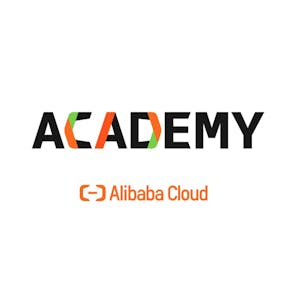Data Structures
About this Course
A good algorithm usually comes together with a set of good data structures that allow the algorithm to manipulate the data efficiently. In this online course, we consider the common data structures that are used in various computational problems. You will learn how these data structures are implemented in different programming languages and will practice implementing them in our programming assignments. This will help you to understand what is going on inside a particular built-in implementation of a data structure and what to expect from it. You will also learn typical use cases for these data structures. A few examples of questions that we are going to cover in this class are the following: 1. What is a good strategy of resizing a dynamic array? 2. How priority queues are implemented in C++, Java, and Python? 3. How to implement a hash table so that the amortized running time of all operations is O(1) on average? 4. What are good strategies to keep a binary tree balanced? You will also learn how services like Dropbox manage to upload some large files instantly and to save a lot of storage space!Created by: University of California San Diego

Related Online Courses
The Foundations of Teaching for Learning programme is for anyone who is teaching, or who would like to teach, in any subject and any context - be it at school, at home or in the workplace. With... more
Welcome to the Lightning App Builder course! The course is designed to empower Salesforce developers and administrators with the skills and knowledge necessary to leverage the power of Lightning... more
This course covers standard derivative pricing models. Both discrete time and continuous time techniques are considered. The course also includes an introduction to numerical option pricing, in... more
Course Description\\n\\nThis specialization is intended for both students and businesses who aim to learn more about how Cloud technology can help them grow. With Cloud Computing, Big Data, and... more
This specialization is intended for a broad audience seeking to learn about the field of archaeology. Through this four-course specialization, you will learn scientific methods, concepts, and... more








